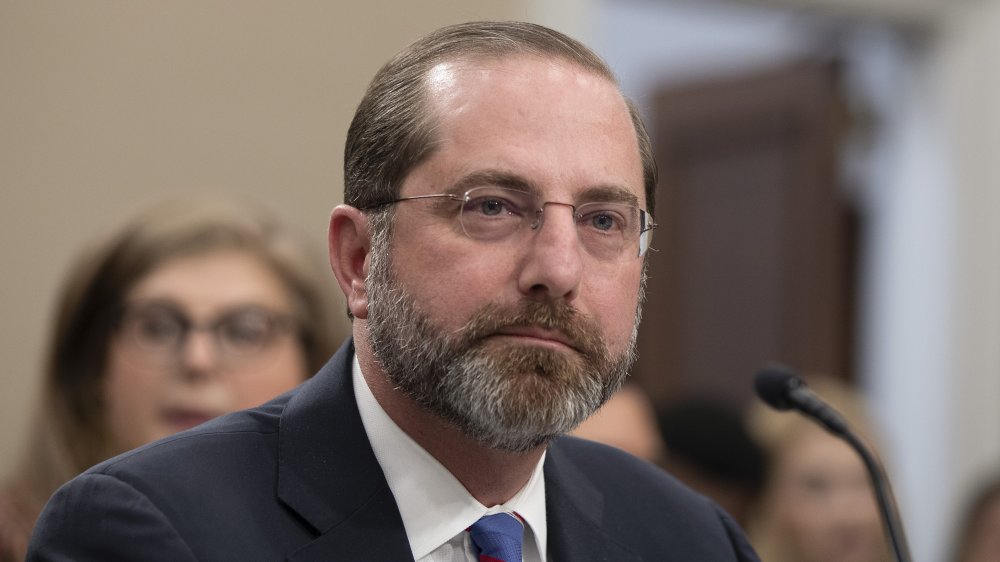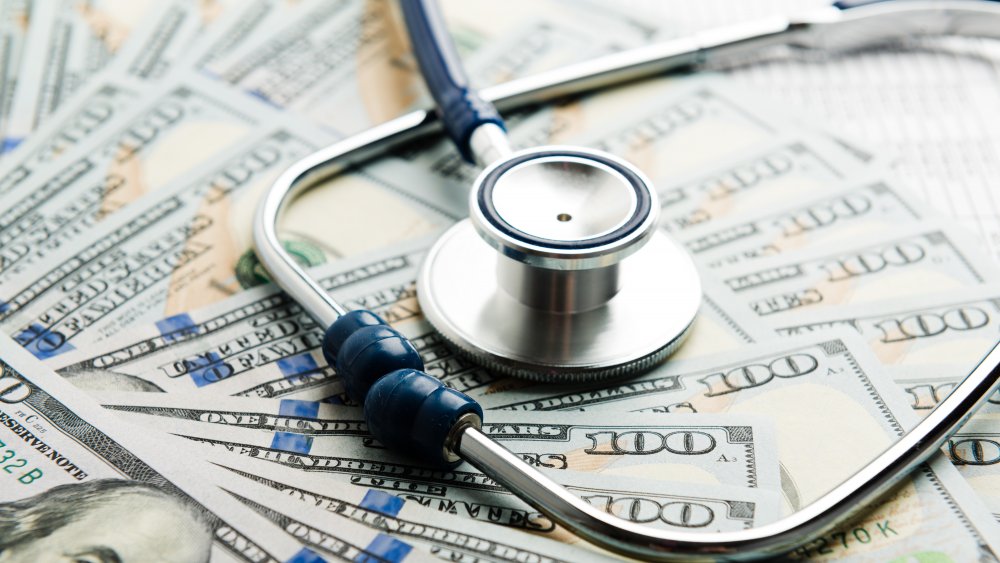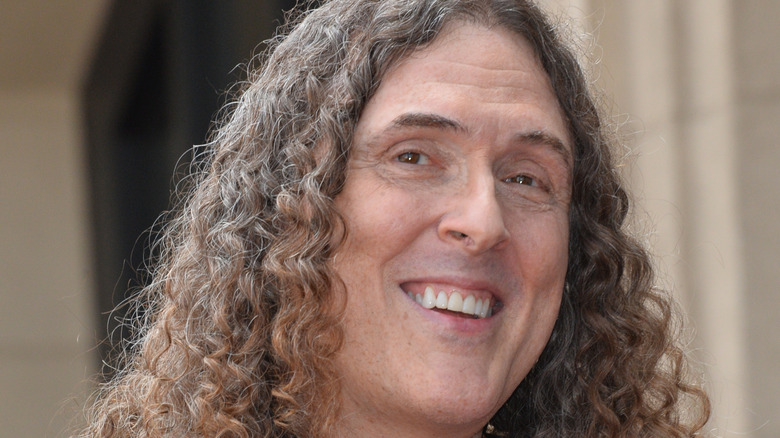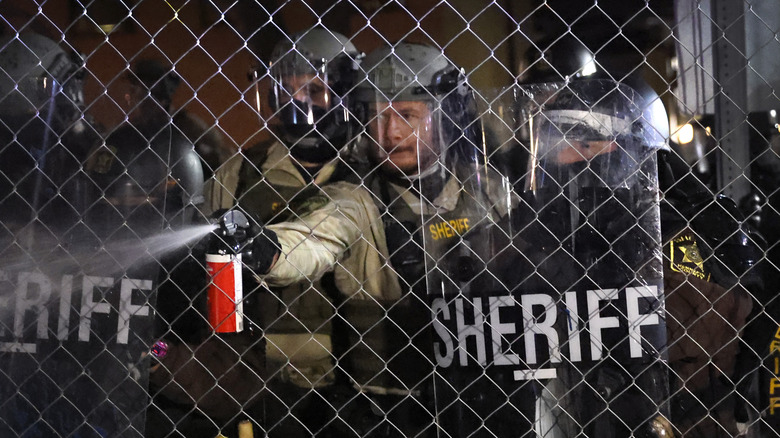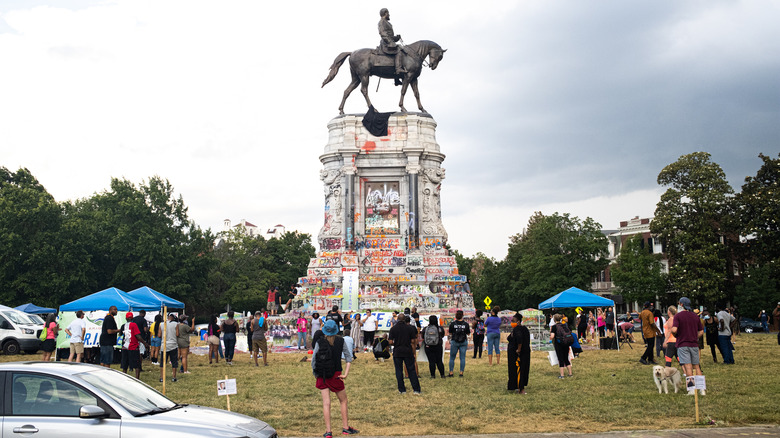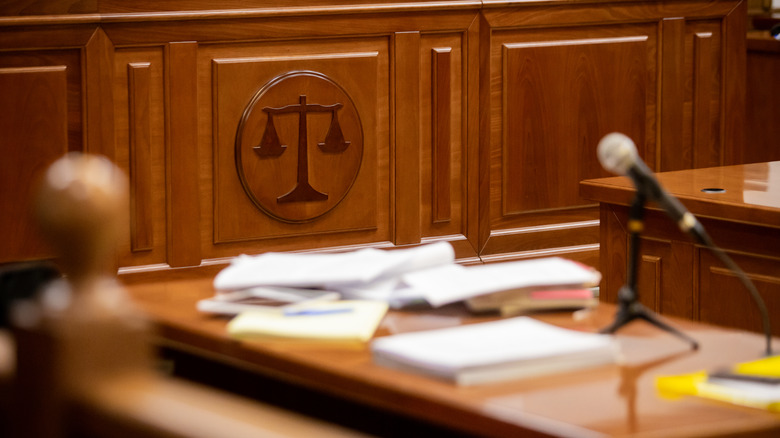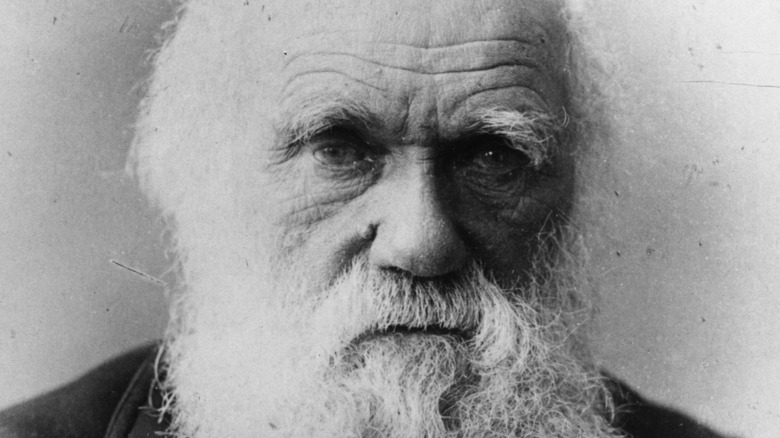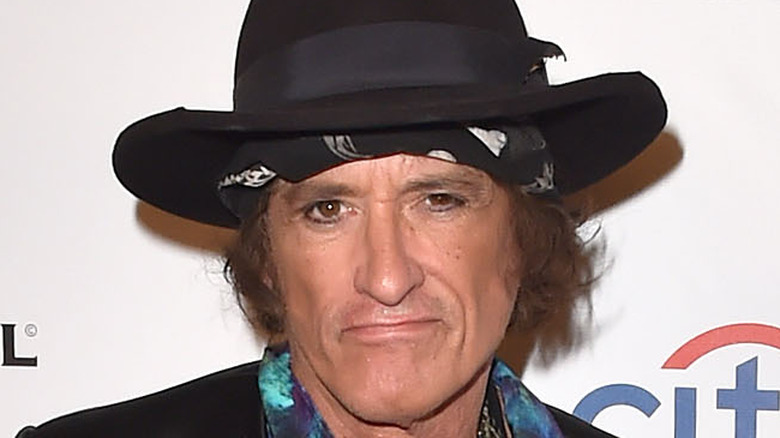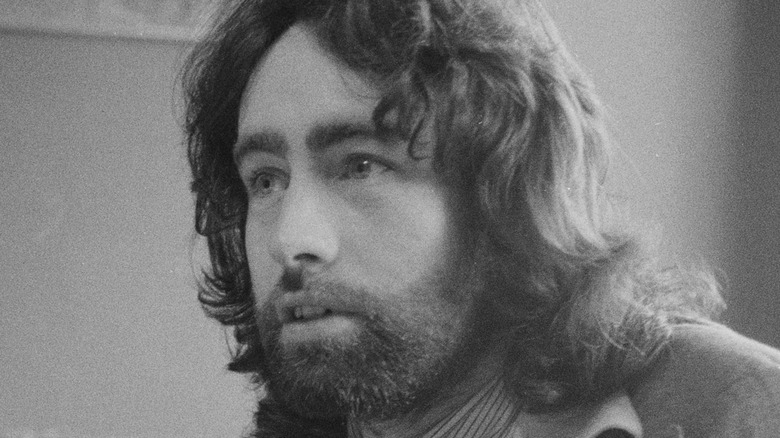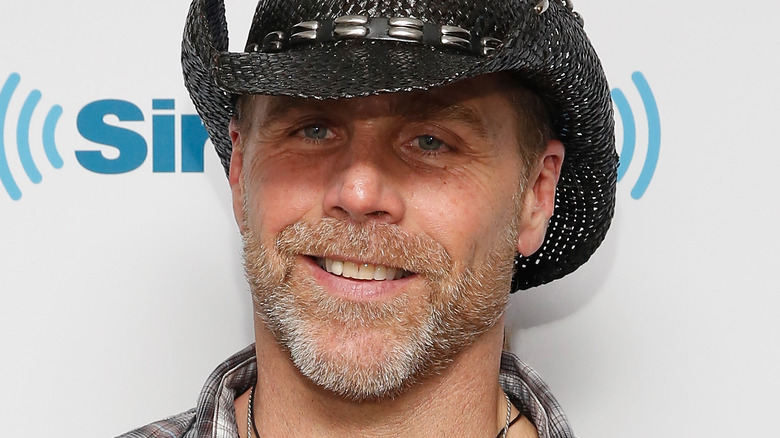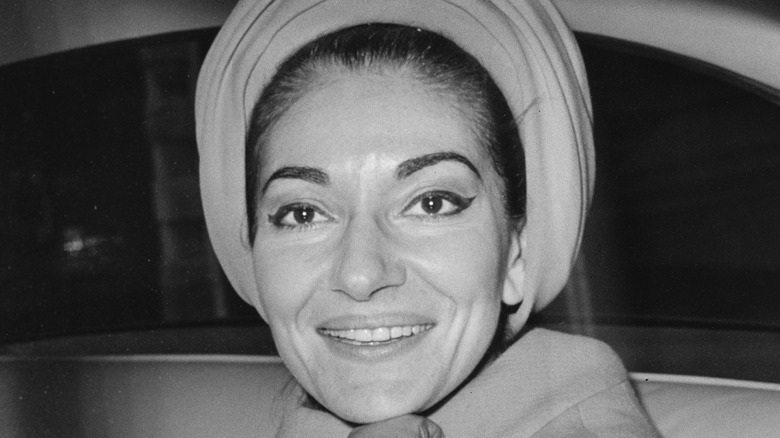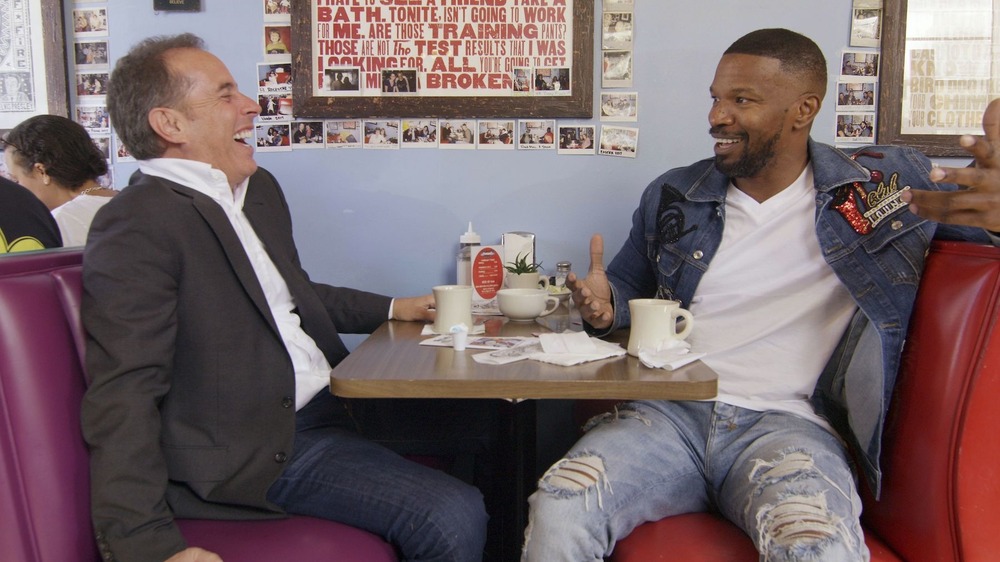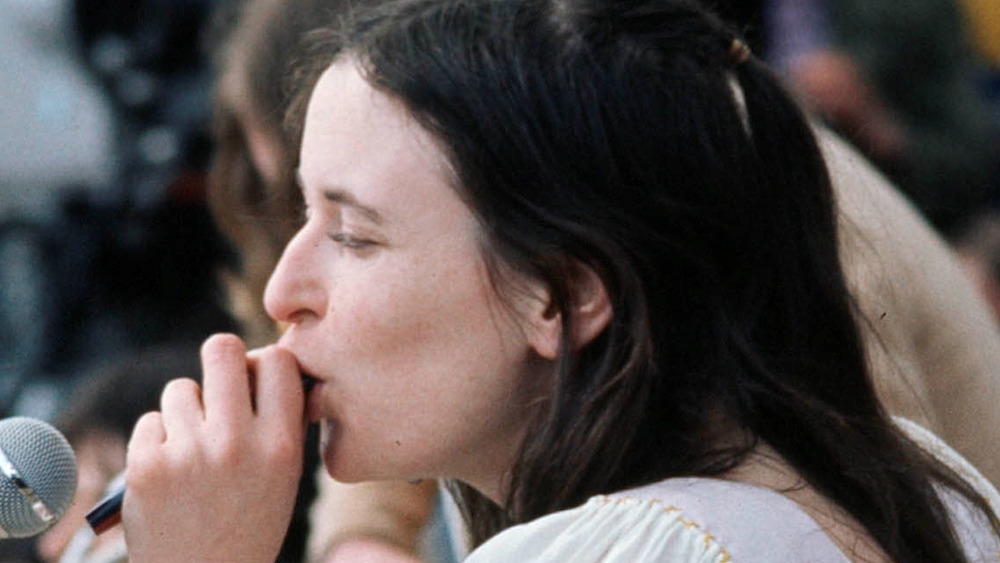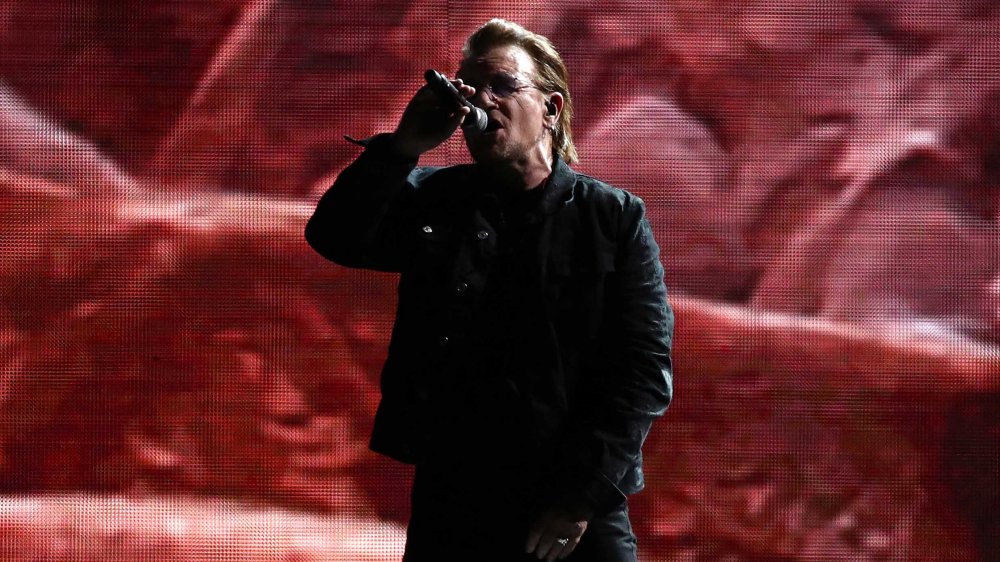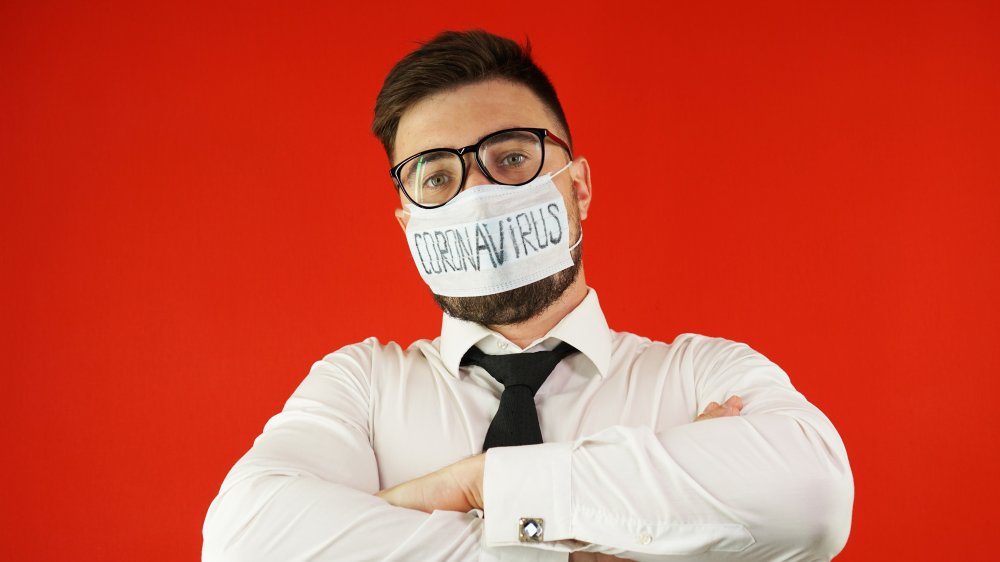
Why Coronavirus Treatments Might Not Be Affordable In The U.S.
Live Science reports that during a February 25, 2020 news conference, the CDC ominously acknowledged that the possibility of coronavirus spreading throughout the U.S. wasn’t a matter of “if” but “when.” Since then, “when” has become now. Per Business Insider, as of the morning of March 3, the U.S. has more than 100 confirmed cases of coronavirus across at least 15 states. Six people have died in Washington state, where the virus may have spread undetected for weeks, per the Washington Post. Exacerbating matters, a significant glitch in the testing kits compromised the ability of multiple states to identify potential cases in the early going.
Time is of the essence when it comes to detecting and containing coronavirus. But so is affordability. A December 2019 Gallup poll found that a record 25 percent of Americans delayed seeking treatment for serious medical problems due to cost concerns. Unfortunately, people have already begun experiencing symptoms of how out-of-control healthcare costs may infect the country’s response to coronavirus.
The U.S. price care system
As recounted by Business Insider, when Miami resident Osmel Martinez Azcue developed flu-like symptoms after a work trip to China, he did the responsible thing and got tested for both coronavirus and the flu. He had the flu, which still sucks but not as much. What sucked much more was the $3,270 hospital bill he got saddled with. Azcue’s “limited” insurance plan would chip in if he could produce three years of documents demonstrating that his flu wasn’t a pre-existing condition. If he supplied the proof, he would have to cough up $1,400, also known as “still a lot of money.” And that’s just one of the ways coronavirus treatment may harm Americans financially.
In February 2020, U.S. Health and Human Services Secretary Alex Azar made the startling admission that if a coronavirus vaccine became available, it might not be affordable. Azar chalked up the problem to profitability, insisting, “We would want to ensure that we work to make it affordable, but we can’t control that price because we need the private sector to invest. Price controls won’t get us there.”
If you’re wondering why the United States doesn’t just insist on charging a reasonable price, the practice was abandoned back in the 1990s administration. Per the Intercept President Bill Clinton buckled under pressure from the pharmaceutical industry to eliminate a “reasonable pricing” rule, enabling drug companies to making a killing off of charging unreasonable fees for medicines.
The stakes may be even higher than the price
For all its top-tier medical professionals and facilities, the U.S. is still a country where desperate patients turn to GoFundMe to cover exorbitant medical bills and diabetics ration their insulin to save money. A 2009 Harvard study found that 45,000 Americans die each year due to lack of health insurance.
As coronavirus wages an invasion that seems to intensify by the day, the dysfunctional U.S. healthcare system faces a test that it may be ill-equipped to pass. Author and Time magazine editor at large Anand Giridharadas poignantly observed that “coronavirus makes clear what has been true all along. Your health is as safe as that of the worst-insured, worst-cared-for person in your society. It will be decided by the height of the floor, not the ceiling.”

The Truth About Bowling's Origins As A Dark Religious Ritual
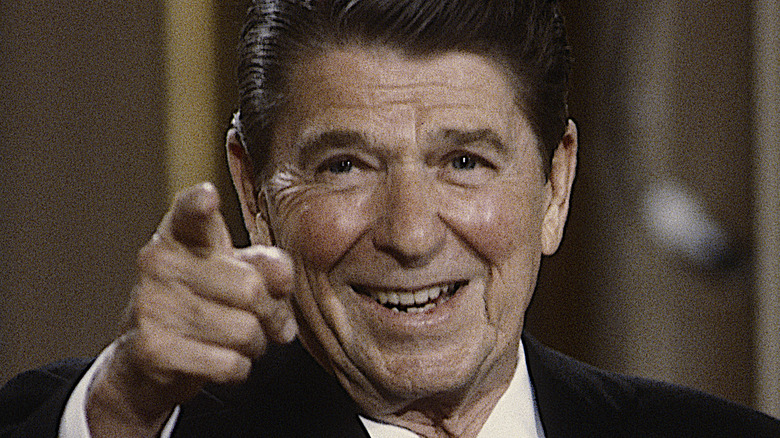
Rulers Who Relied On Astrology To Make Decisions

Creepy Things You'd Find In The Aztec Empire
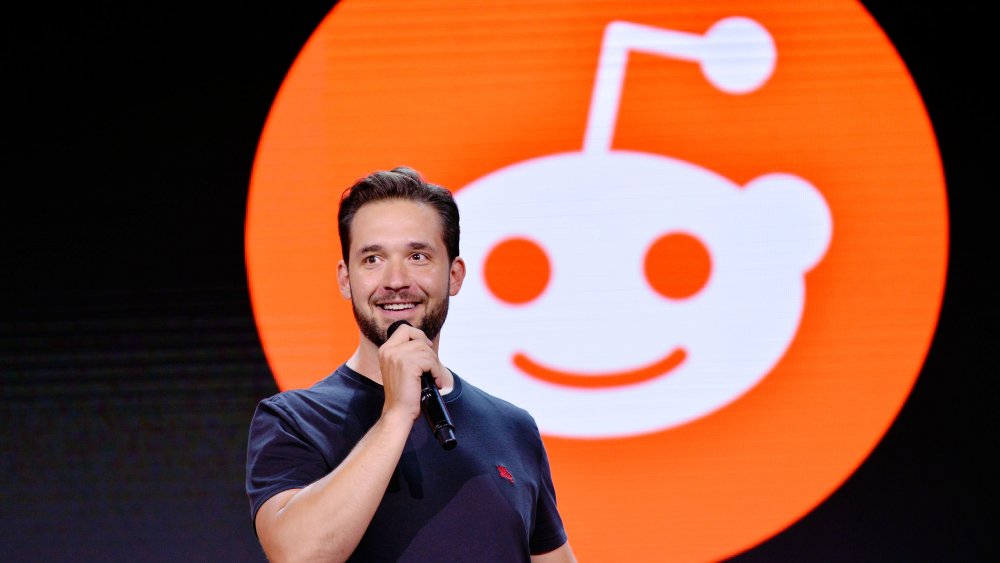
The Unsolved Mystery Of Lake City Quiet Pills
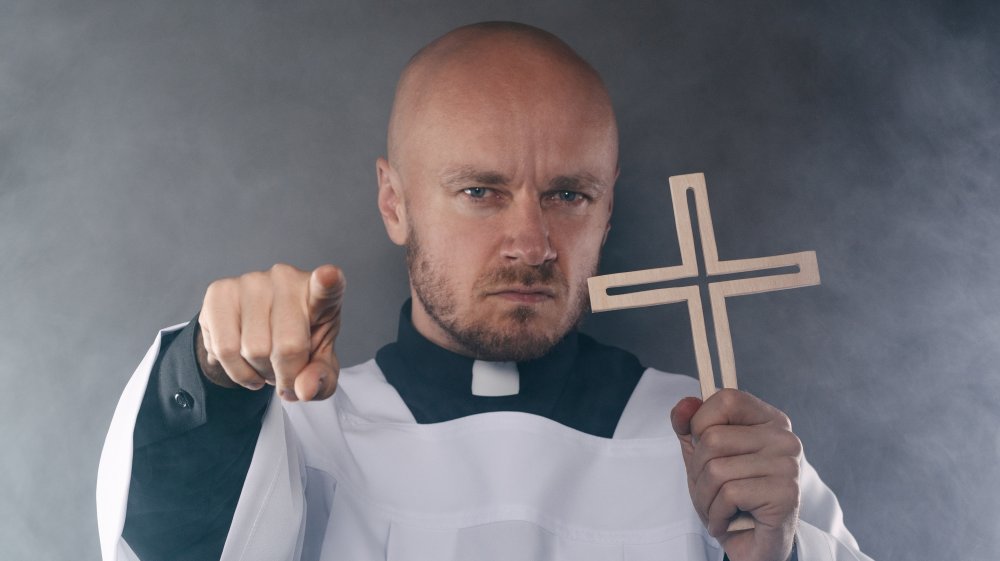
The Truth Behind The Exorcism Of Roland Doe, Inspiration For The Exorcist

A Weird 'Hypernucleus' Confirms Universal Supersymmetry

Baby Bee Brains 'Permanently, Irreversibly' Damaged By Pesticides

The Untold Truth Of The Birdman Of Alcatraz

This Is How You Could Get A Tapeworm In Your Brain

Insane Amusement Park Rides That Shouldn't Exist
